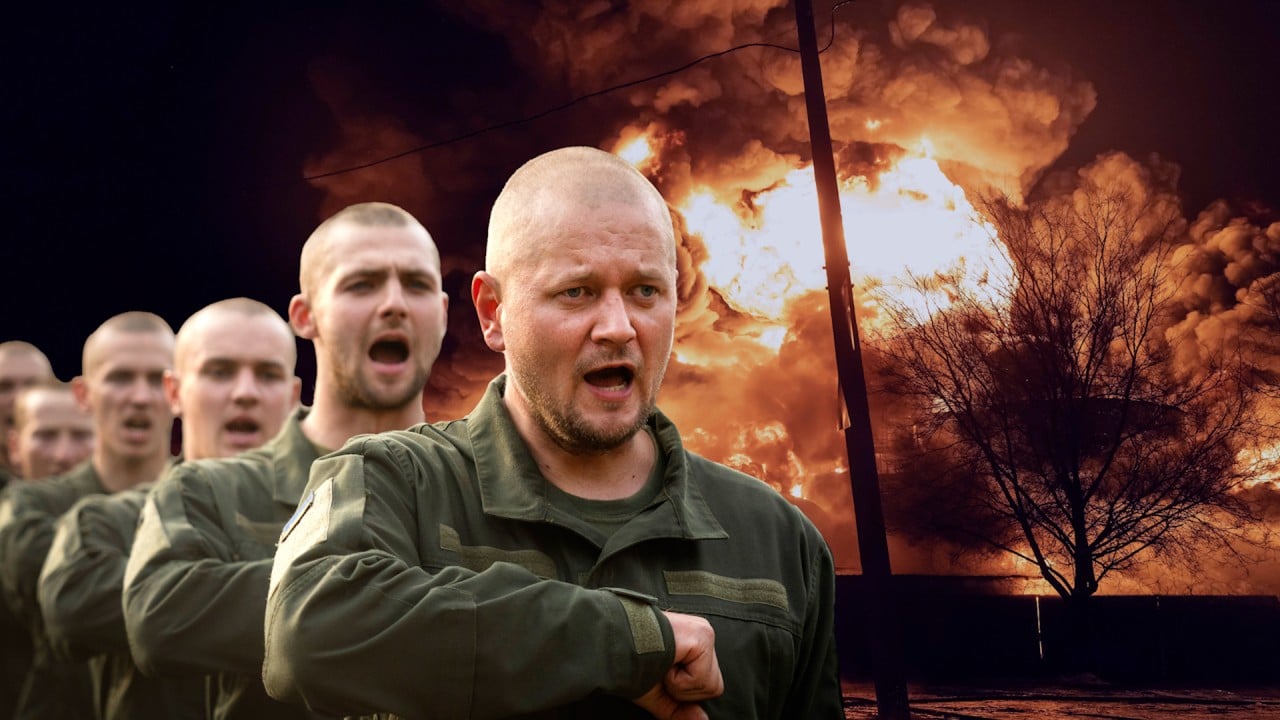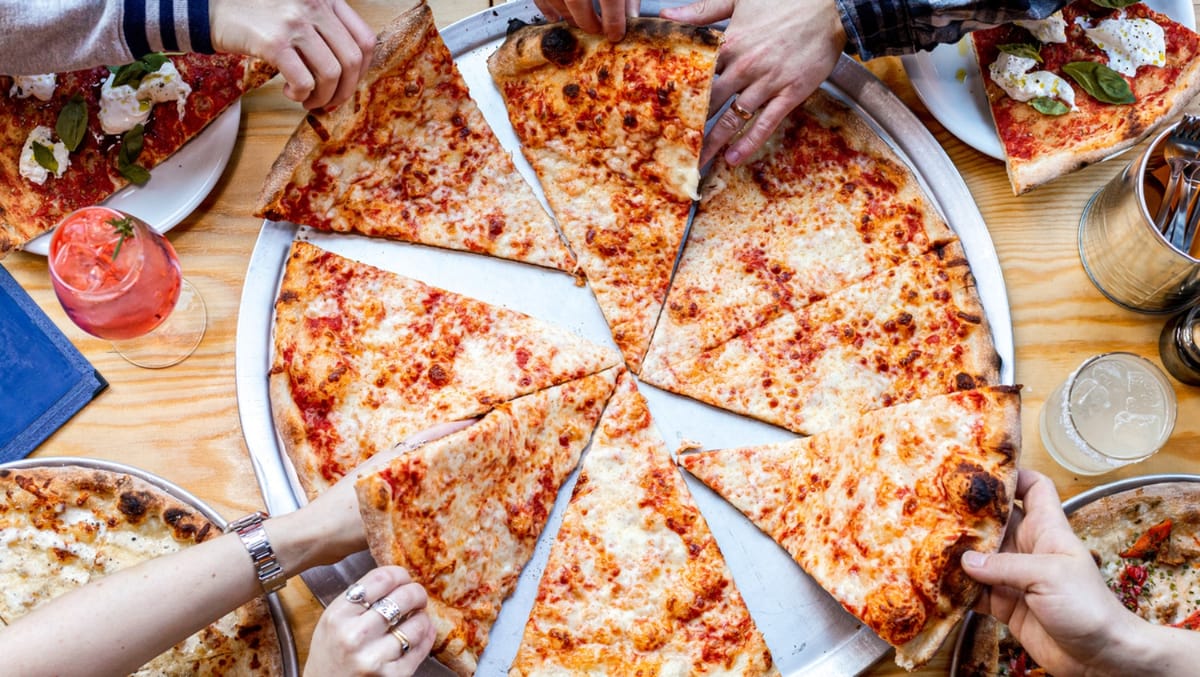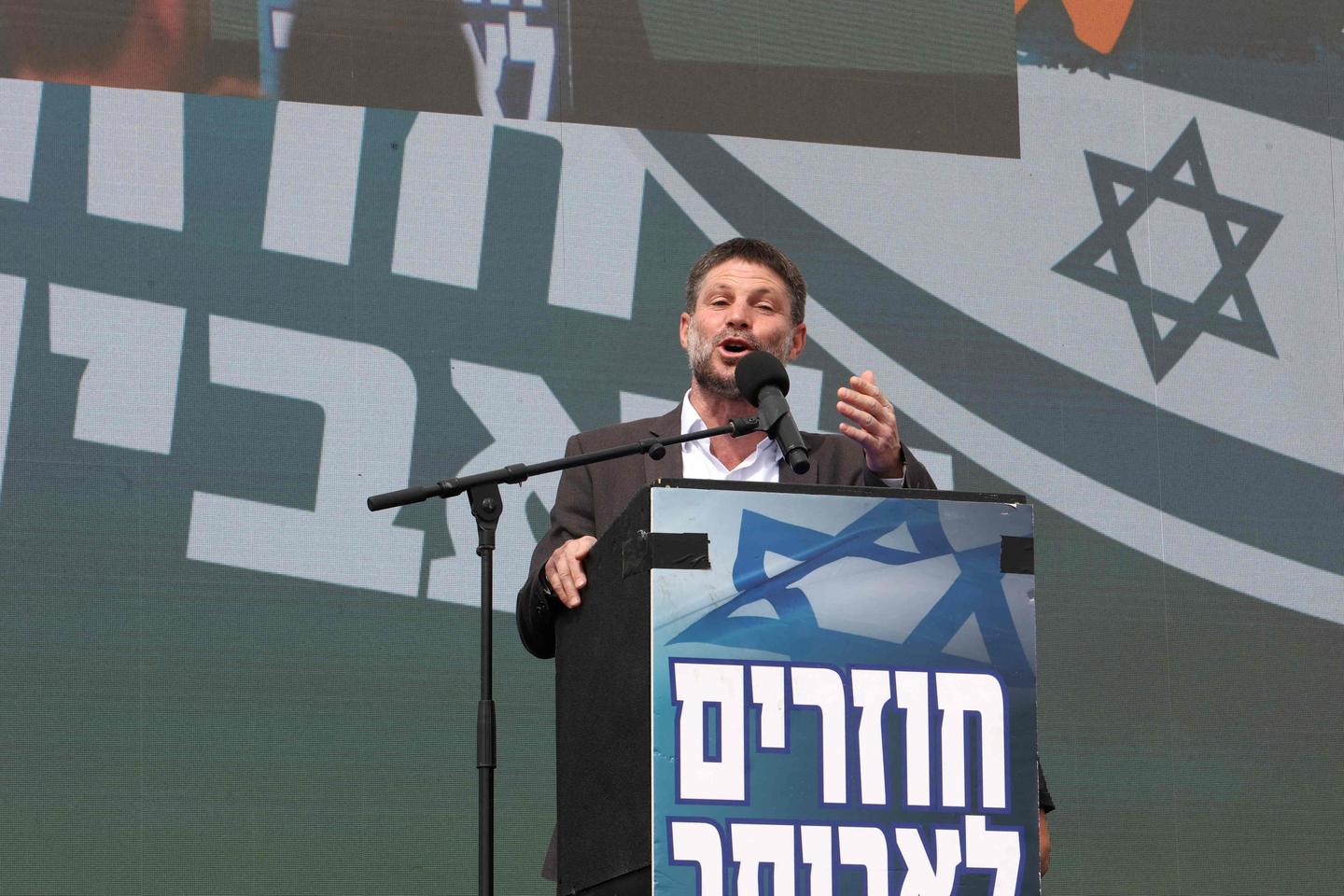Singaporeans buy cheap Russian goods as anger over Ukraine war subsides

Visitors to Alibaba Group Holding Ltd.’s Singapore websites Lazada and Redmart can find several products originating in Russia, including 120-gram jars of salmon roe for S$11 (US$8) and 460-ml bottles of hair conditioner for S$2.49.
On other grocery websites in Singapore, similarly sized jars of roe cost between S$15.90 and S$44. At Shopee, a subsidiary of Sea Ltd., online shelves are filled with cheap Russian-made waffle cakes and hazelnut milk chocolate.
Alibaba owns the South China Morning Post.
While several countries have bans on importing goods from Russia, Singapore’s sanctions are limited to fundraisers that benefit the Russian government and exports from the city-state that could directly contribute to the war effort. There is no ban on selling Russian food on the island, and there are no sanctions against Russian food exports worldwide.
Representatives from Lazada and Shopee did not respond to requests for comment.
According to the Yale School of Management, more than 1,000 multinational companies around the world have publicly stated that they are voluntarily withdrawing from their relations with Russia, going beyond the legally required minimum required by international sanctions.
“Singaporeans may be against the Russian invasion of Ukraine, but they are not against Russian goods,” said Tommy Koh, special envoy at Singapore’s foreign ministry. “In Singapore, trade is our lifeblood. We trade with any country whether we like it or not.”
Sovan Patra, a lecturer at the School of Social Sciences at Singapore Management University, agreed that Singaporeans’ pragmatism was likely to lead to a distinction between a moral perspective on the Russian invasion of Ukraine and the practical issue of purchasing goods of Russian origin.
Singaporeans are “generally not the kind of people who boycott,” he said.




